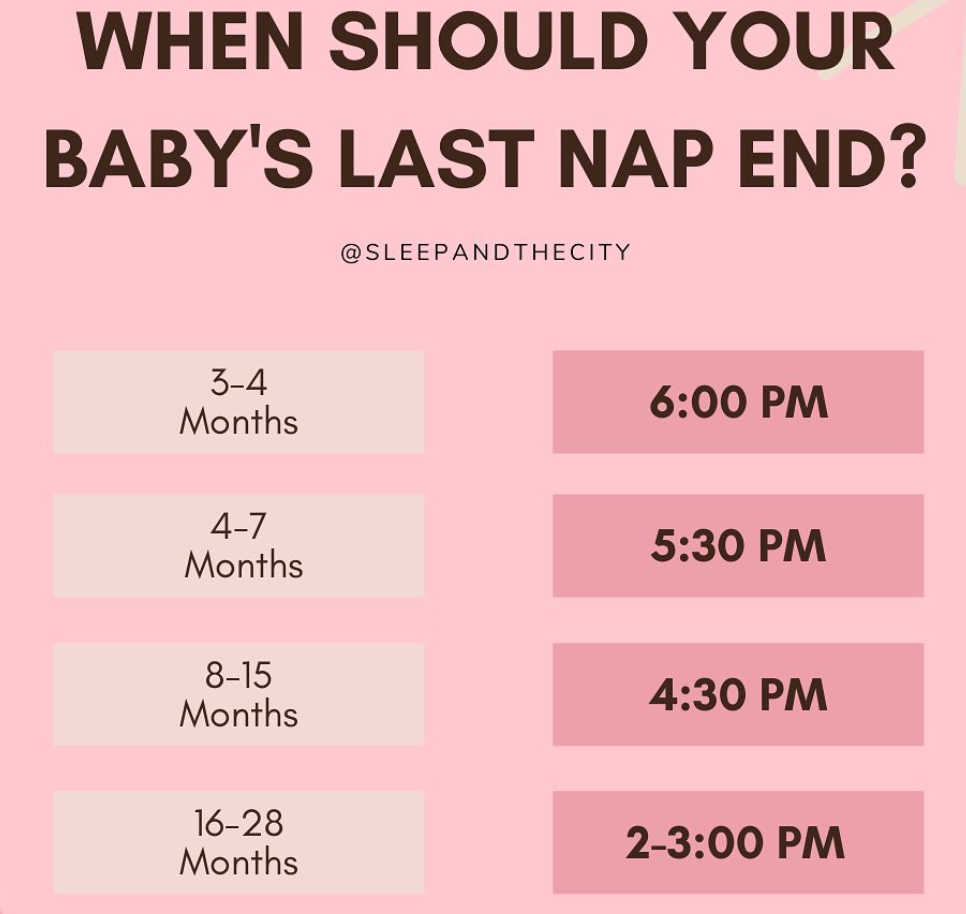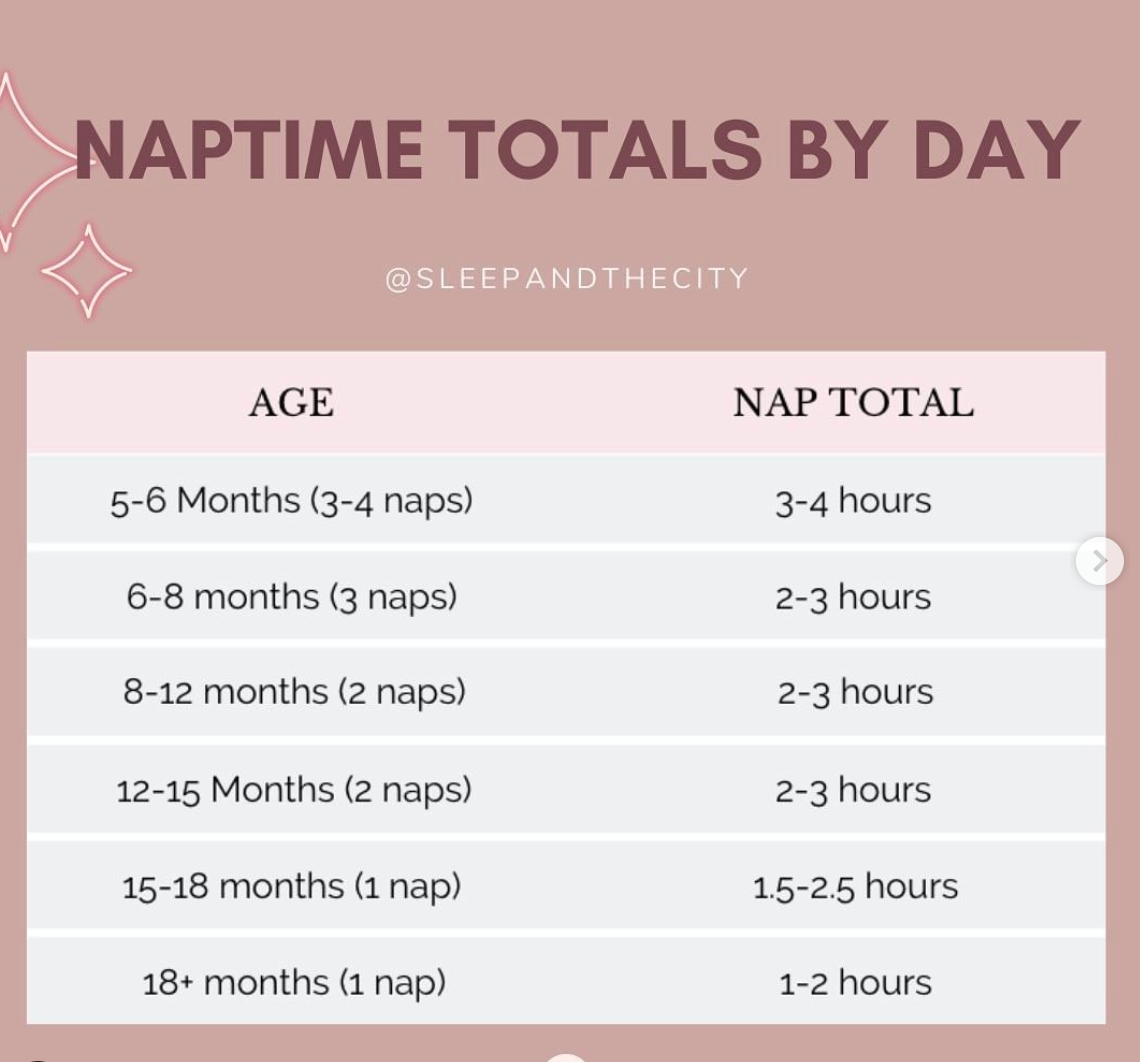When Should my Baby's Last Nap End?
So you’ve got an ideal bedtime….but when should your baby’s last nap end in order to MAKE THIS BEDTIME ACTUALLY HAPPEN with the potential of zero crying involved??
Photographer Layce Bauman
Hi, I’m Lauren, founder and the girl behind all the sleep magic here at Sleep + the City, a baby sleep shaping agency and online sleep class resource that’s been alive and thriving for 7+ years now, helping thousands of families finally uncover why their babes and tots aren’t sleeping—and giving them modern solutions to reach their sleep goals. First place to start? Grab a **FREE** schedule right here, and get it right to your phone! Timing of sleep is SO important, and a vital piece of children being capable of sleeping through the night without disruption.
Speaking of timing, if your baby is overtired or UNDERtired at bedtime, this will usually result in some tears—even with my most perfect sleepers! If the timing isn’t correct, or nap maximums have been exceeded, bedtime can be a battle. In this post, not only find out exactly when your baby’s last nap should be, but exactly how much sleep is too little (or too much!)
When should my baby’s last nap end? Help!
8pm target bedtime
How do we figure out when your baby’s last nap should end exactly? Using appropriate wake windows by age (get a schedule here for free if you need help with these), and being mindful of your napping minimums and maxes (see chart below), this graphic can help not only time bedtime perfectly, but reduce the chances of tears and battles at bedtime.
In this example, I’m using an 8:00pm target bedtime for children 4+ months and up. A bedtime that occurs too early most often results in early rising, before 6am. (If your baby is waking up too early for the day on the daily, use this Early Birds class to solve it once and for all!)
Bedtime tears and battles can be the direct result of a baby being too tired, or undertired as mentioned earlier. Other reasons for a battles at bedtime: Lack of consistent routine, vacation/travel/illness/regression, leap week, or using an outdated sleep training method (see my modern Wink-a-Sleep method here!). So how do you know if that’s the case?
How long should my baby be napping?
how long should my baby be napping?
To use this chart, take a look at your baby’s age, and the nap total recommendations. The numbers you see represent the min and max time that your babe should be napping during the day. I talk a LOT about not exceeding nap maximums in my classes, but also protecting the nap minimums are just as important.
🔥Why does these matter?🔥
1. Not hitting your nap “minimums” can cause the following: early bedtimes that equal early wakeups, overall fussy behavior, a chronically overtired baby, short naps due to heightened cortisol levels.
2. Intentionally or accidentally exceeding your nap “maximums” can cause the following: split nights (up for 1-3 hours in the middle of the night), late bedtimes, late wakeups, less than 10 hours of night sleep, wake window trouble, refusal to take a subsequent nap later on.



